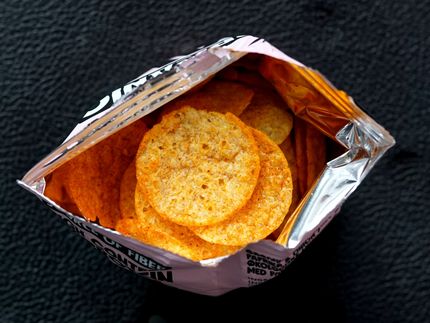Shrinkflation: Hidden price increases continue to spread in Austria
foodwatch calls for statutory labeling: France leads the way
Advertisement
Less and less content for the same or even higher price: shrinkflation is also spreading in Austria. A joint analysis by foodwatch and the price comparison platform preisrunter.at shows that almost all food product categories are now affected - from snacks and canned vegetables to ice cream. What is particularly insidious is that this hidden price increase usually remains invisible to consumers because there is no mandatory labeling.
For example, a 250 gram pack of Biscoff caramel cookies cost €2.19 at MPREIS in 2024. In 2025, the price will remain unchanged at 2.19 euros - but with only 200 grams of content. This means a price increase of a whopping 25 percent.
Industry hides price increases
Whether Nestlé, Lotus, Zott or supermarket own brands: The justifications for the shrunken content range from "new packaging" to "rising raw material prices" and "supplier changes". But in the end, the result for consumers is always the same: less inside, more to pay. What is particularly annoying is that even when manufacturers reduce the recommended retail price, retail chains do not automatically pass these price reductions on to customers.
"Our research clearly shows that voluntary transparency is not enough. As long as there is no clear labelling obligation, shrinkflation is nothing more than hidden price gouging and a truly brazen form of consumer deception," criticizes Indra Kley-Schöneich from foodwatch Austria.
The example of Dr. Oetker's "Vitalis Crispy Muesli Chocolate" shows how shrinkflation can be made transparent: in spring, the manufacturer reduced the contents by a whopping 100 grams - and then clearly indicated the lower filling quantity on the front of the packaging.
France leads the way
France already introduced a legal regulation in July 2024: There, both quantity and price changes must be labeled directly on the shelf for a period of two months. This means that consumers know immediately if a product has become more expensive, even though the contents have shrunk.
In Austria, the federal government also announced back in spring that it would be developing measures for fair food prices - including mandatory labeling. Economics Minister Wolfgang Hattmannsdorfer recently referred to a planned law against shrinkflation. However, concrete steps are still a long way off.
foodwatch calls for rapid implementation in Austria
"The high food prices are putting people in Austria under massive pressure - politicians need to take action now instead of just talking. Economics Minister Hattmannsdorfer must finally act and implement the announced labeling obligation immediately. Any further delay means that consumers will continue to be ripped off in the supermarket," concludes Kley-Schöneich.
Note: This article has been translated using a computer system without human intervention. LUMITOS offers these automatic translations to present a wider range of current news. Since this article has been translated with automatic translation, it is possible that it contains errors in vocabulary, syntax or grammar. The original article in German can be found here.

































































